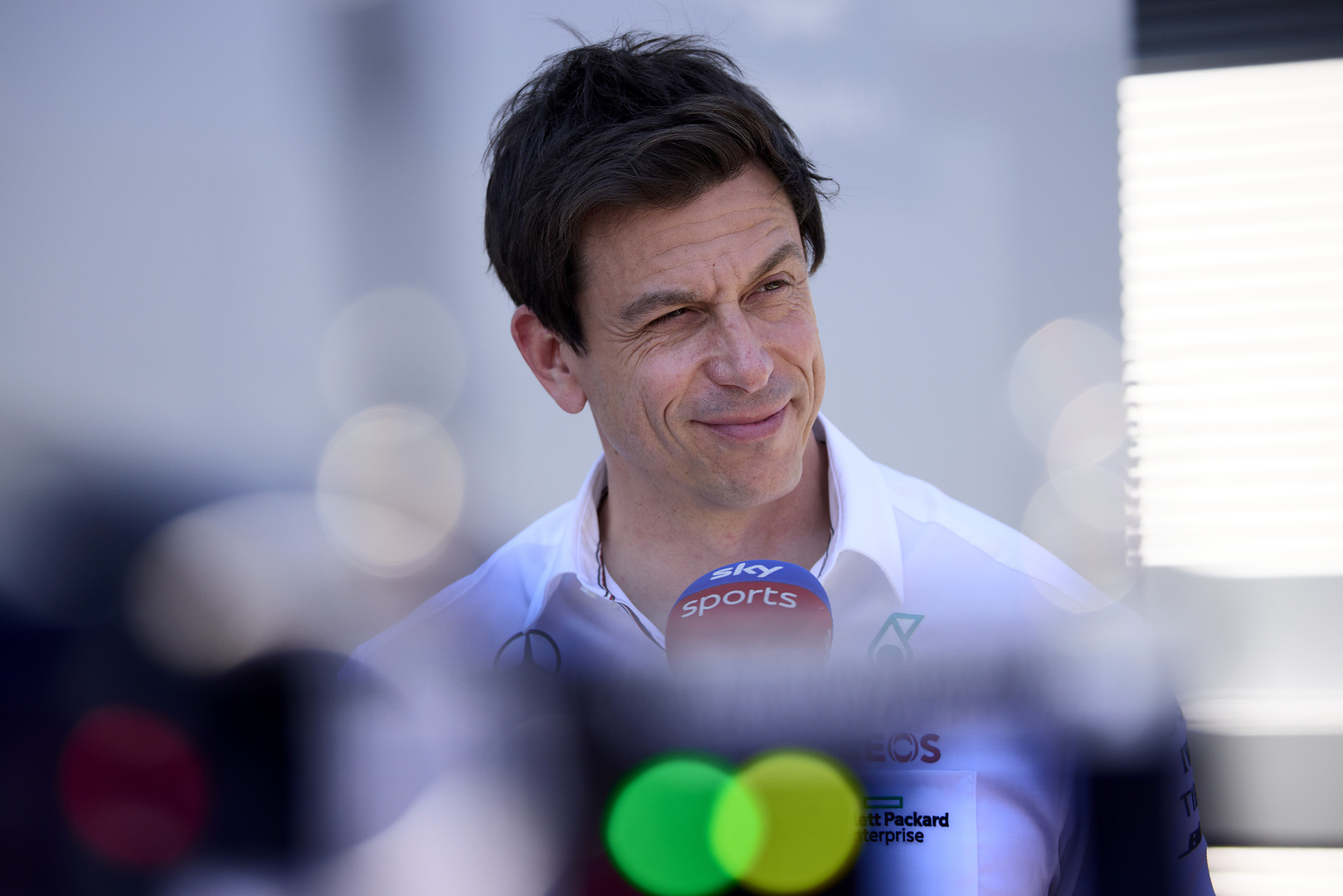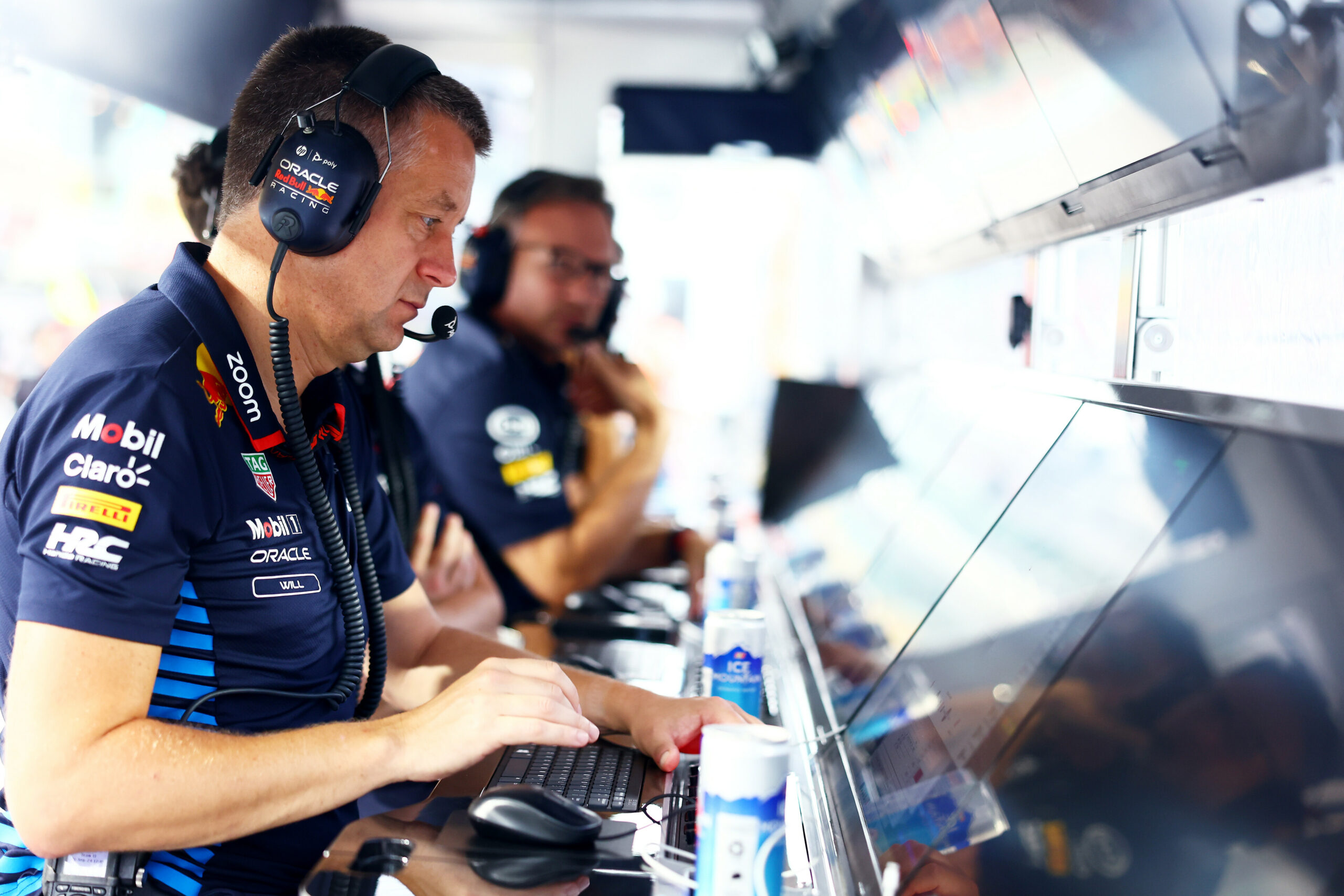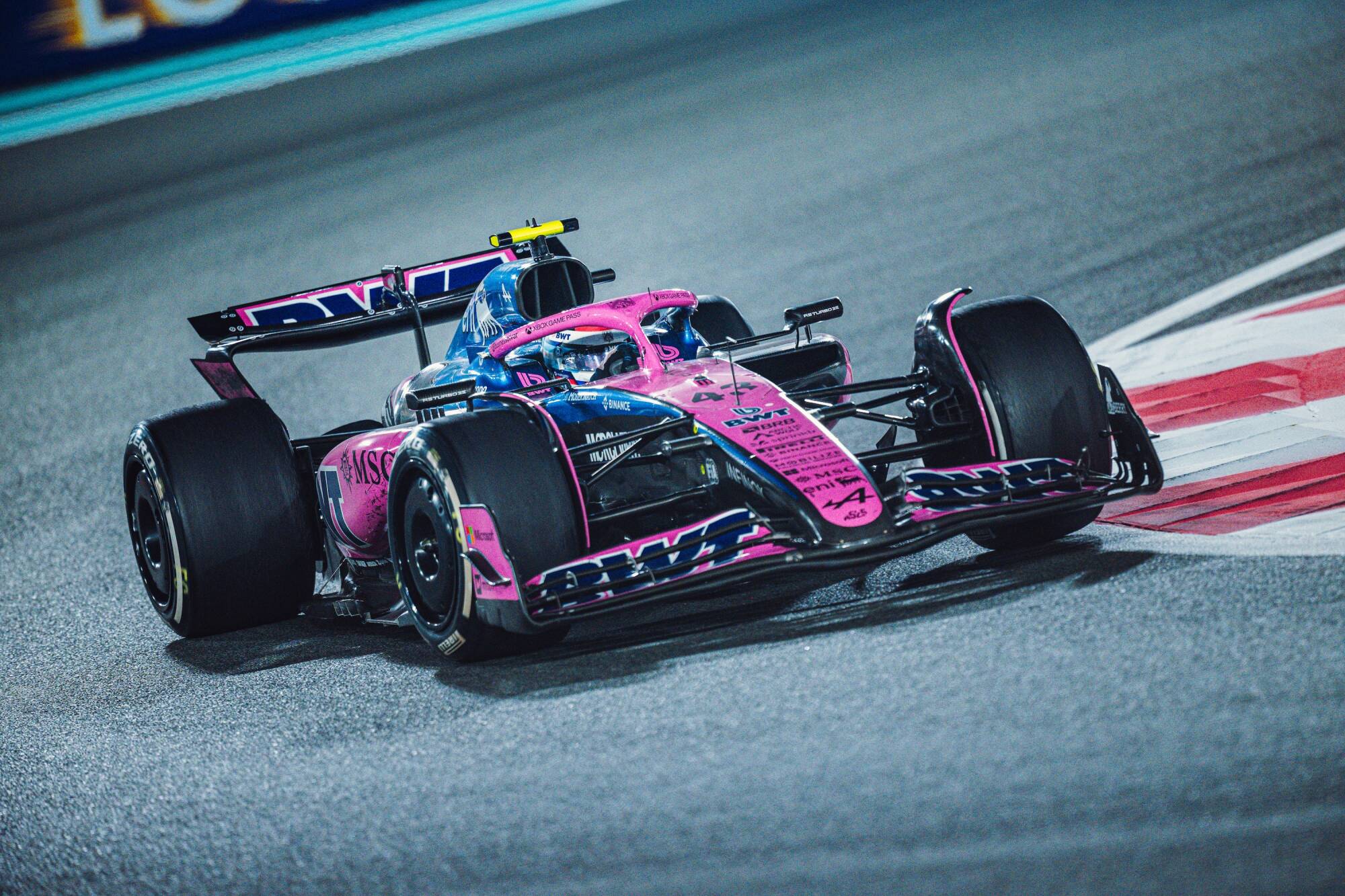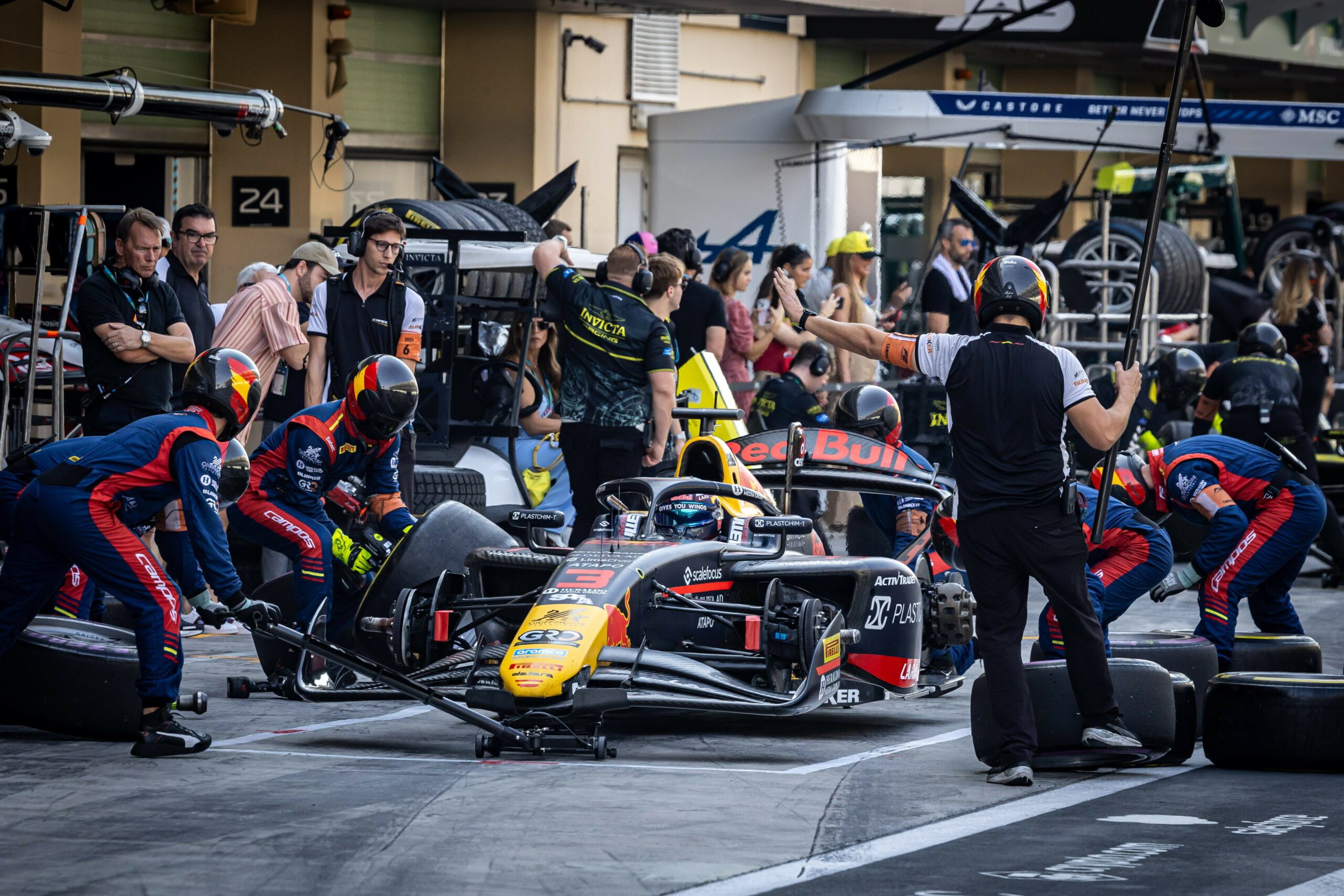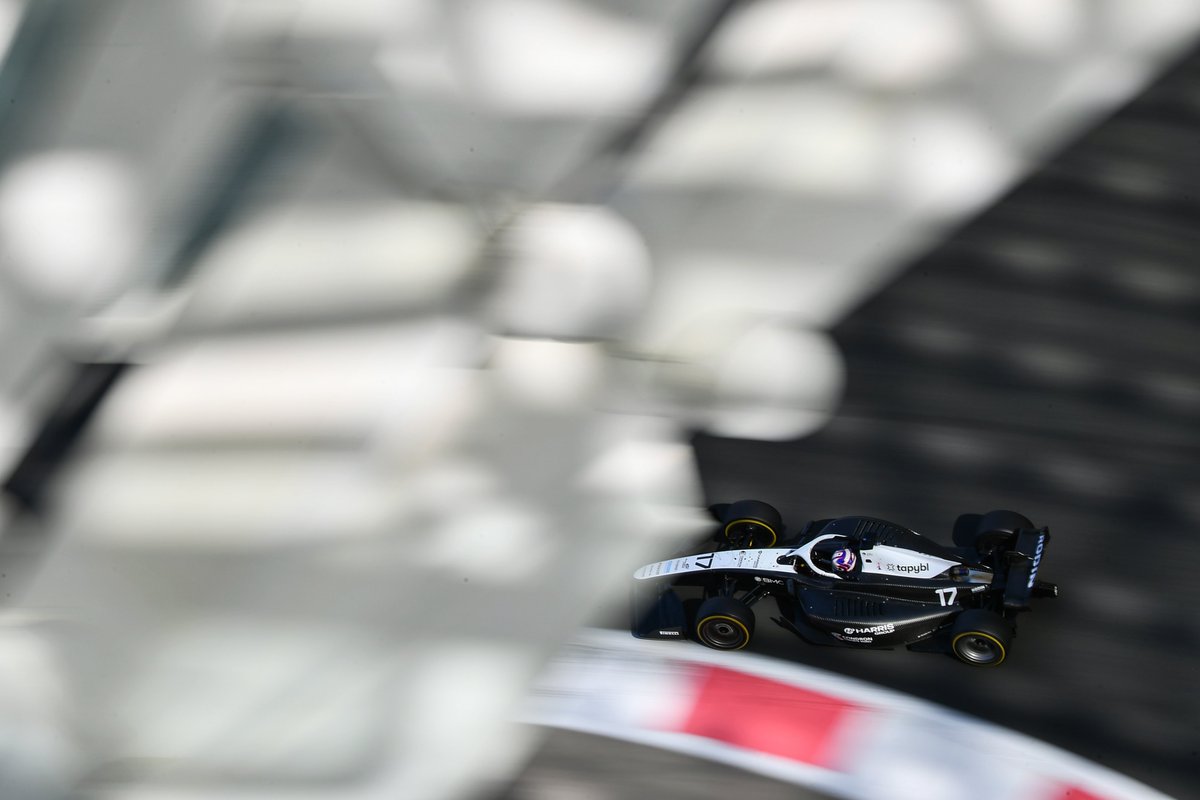The Bahrain Grand Prix finally took place last weekend and with it several events that could mark the evolution of the teams over the winter break.
Some teams presented improvements, such as the case of Mercedes, who went winless in 2023 for the first time in 12 years.
George Russell had qualified a strong P3, and he overtook Charles Leclerc early in the race to run in P2. Things looked extremely positive at that point as Wolff pointed out
“So, I think for us, testing was pretty good. And also, the performances on Thursday and on Friday were encouraging. The car was stable, it was good, the drivers liked it. And today when we started the race on the soft tyre, everything pretty much to plan.”
However, things went downhill after that. Overheating power units and battery problems caused problems for the drivers.
Due to the significant amount of lift and coast required, they were losing a solid chunk of time each lap. It amounted to around 0.6s a lap according to the Austrian.
Russell and Lewis Hamilton ultimately took 5th and 7th place respectively.
“And then, unfortunately, we had to start cooling the engine more than we expected. We can’t understand yet where that came from. We had one of our customer teams, Williams, had the same issue. The other two not. That was unexpected.
“And from then on, if you switch three, four-tenths of power unit performance off, then you have to lift and cost on top of that. So, I think at times, probably, all together, it was certainly five or six-tenths of a second that we couldn’t take from what the car had in it. Therefore, it just wasn’t great fun.”
Wolff also commented that the overheating issues can be resolved before the next Grand Prix at the Jeddah Corniche Circuit, a venue that tends to have very high temperatures, so it is important that they solve before Thursday’s Saudi Arabian Grand Prix practice:
“I’m sure about that. I’m sure we can get on top of the cooling because it’s a specification of how much you open the car up. And it’s always a balancing act between whether you want to lose half a tenth in performance by having less efficient aero and opening the slot gaps up against the cooling.
“But at times we were literally not a few degrees [out], but about ten degrees running over what we thought it should be.”
Not knowing exactly the source of the problem, the Austrian added that he believes that even without running in traffic the car was overheating, so he accepts that it was an issue for Mercedes. Customer team Williams also badly suffered with the same problem.
“I think even without traffic at the beginning we were already over the limits. We don’t know [why] because we pretty much have the same cooling levers than on the long runs we did in the days before. It just spiked more than we thought.”
“And I don’t believe that any other team opened the car more up than they did before. So, it’s a thing that was probably more with us. I heard that Williams had the same issue, so we need to look at it.”

